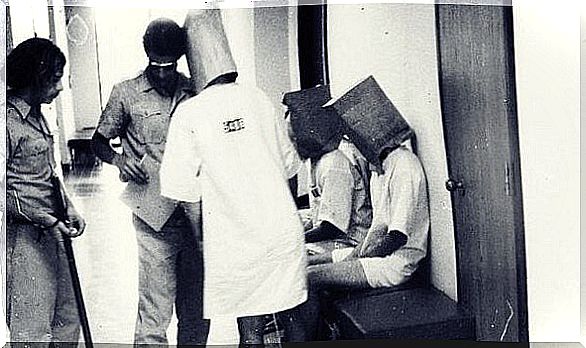Avoid Bad Practices In Scientific Research With Pre-registration

Conducting a scientific study requires ethical conduct, and for this there is a pre-registration. Researchers have to comply with some ethical assumptions that ensure the validity of the research. However, in some cases bad practices are committed in scientific research. These consist of applying small tricks so that the study can move forward and, finally, be published.
The research dynamics, in which the most important thing is to publish, can exert negative pressure. Thus, the so-called bad practices emerged. In history there have been some very striking cases, such as the Stanford Prison experiment and the case of Diederik Stapel.

big scams
The Stanford prison experiment is one of the most famous in social psychology. However, recently leaked some recordings that demonstrate the bad practices carried out in it.
Reliance on anecdotal or informal evidence, guard training, implicit demands, and interpretation of results are some examples. After it all came out, a debate arose about whether this study should be included in the books or not.
Diederik Stapel was a professor of social psychology at the University of Tilburg. In 2011, it was discovered that Stapel had falsified data from many of his studies. Stapel, instead of using participants in his studies, completed the data himself, making it up so that the results always came out as he expected.
These bad practices were alien to his students, who trusted their teacher. Until one of his doctoral students thought it strange that he always got participants for his studies and that he always found the expected results. From that, everything was discovered.
Bad practices in scientific research
Although these cases have gained great repercussion and have surfaced after a long time, they are a minority. Most bad practices are more subtle. Among the most common are:
- P hacking: when doing a statistical analysis to verify the hypothesis, the p value is used , which is usually 0.05. When using many variables and experimental conditions, this value can be biased, so it is recommended to reduce it, which must be done before carrying out the study.
- Low potency: a small sample may cause the study to be low potency. Therefore, a low potency may make the study more likely to be a false positive. That is, we can find something that doesn’t actually exist.
- Harking: consists of changing the hypothesis once it has been seen that the results are not the ones expected according to the initially proposed hypothesis.
Pre-registration to avoid bad practices in scientific research
One solution to these bad practices is pre-registration. Pre-registration consists of making public the objectives and method of the studies that will be carried out before they actually start. That way, anyone can verify that the studies were carried out in an ethical way, just as the researchers declared they would.
Pre-registration is very simple. There are specific web pages for this. One of them is the Open Science Framework (OSF)
This page offers different worksheets in which it is possible to complete a pre-registration, as well as the possibility to upload all the study material (databases, questionnaires, supplementary materials, etc.) and make it public in a simple way.

How to pre-register
The different worksheets available in the OSF for pre-registration vary. Some ask for more information than others. Taking as an example one of the simplest, called Aspredicted , the fields to fill in are as follows:
- Data: if the data has already been collected or if it will be collected after performing the pre-registration.
- Study Hypothesis: explain the research question or hypothesis you want to prove.
- Variables: what are the study variables and how they will be measured.
- Conditions: how many conditions will be assigned to the participants (control and experimental, for example).
- Analysis: what analyzes will be performed once the data is collected.
- Observations: how many observations will be collected. That is, the number of participants needed.
Thus, by making it public, the information from the studies is visible to everyone. Therefore, the possibility of performing bad practices is limited.
Although pre-registration takes longer, as it is necessary to think carefully about how the research will be done before it actually starts, its use is increasingly frequent and makes it possible for science to be more transparent and conclusions more solid. .









